Warning! This page makes heavy use of JavaScript and is virtually unusable if JavaScript is disabled.
52°North SOS - IOOS Build
GetCapabilities (v1) • Version: 1.2-SNAPSHOT • Build time: 2016-09-15 05:55 UTC52°North SOS
Open Source Sensor Observation Service

The 52°North SOS is an open source software implementation of the Open Geospatial Consortium's (OGC) Sensor Observation Service (SOS) Standard.
From the menu at the top you can access a basic form-based test client and the administrative backend.
More information about the SOS and further software components, for example clients, can be found on the Sensor Web community homepage.
Contributors
| Name | Organisation |
|---|---|
| Carsten Hollmann | 52°North |
| Eike Hinderk Jürrens | 52°North |
| Christian Autermann | 52°North |
| Christoph Stasch | Institute for Geoinformatics (IfGI) |
| Shane StClair | Axiom Data Science |
| Victor González | geomati.co |
| Oscar Fonts | geomati.co |
| Carlos Giraldo | Instituto Tecnológico de Galicia (ITG) |
| Alexander Kmoch | Z_GIS, Universität Salzburg (Austria and Germany) |
| Carl Schroedl | Center for Integrated Data Analytics (CIDA), USGS |
| Jordan Walker | Center for Integrated Data Analytics (CIDA), USGS |
Contributing organizations
 |
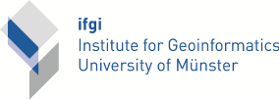 |
 |
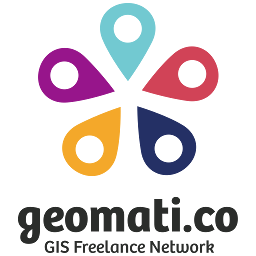 |
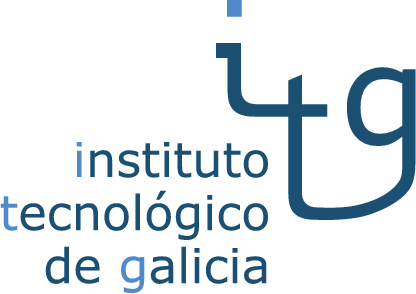 |
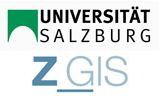 |
Your logo?! Get involved! |
 |
Funding organizations/projects
 |
The development of this version of the 52°North SOS was supported by the European FP7 research project NeXOS (co-funded by the European Commission under the grant agreement n°614102) |
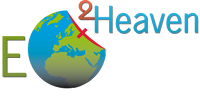 |
The development of this version of the 52°North SOS was supported by the European FP7 research project EO2HEAVEN (co-funded by the European Commission under the grant agreement n°244100) |
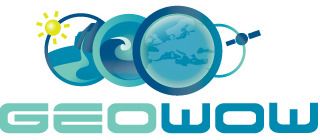 |
The development of this version of the 52°North SOS was supported by the European FP7 research project GEOWOW (co-funded by the European Commission under the grant agreement n°282915) |
 |
The development of this version of the 52°North SOS was supported by the European FP7 research project GeoViQua (co-funded by the European Commission under the grant agreement n°265178) |
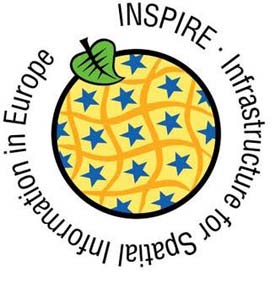
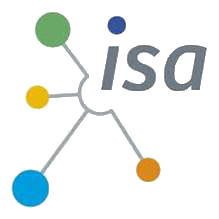
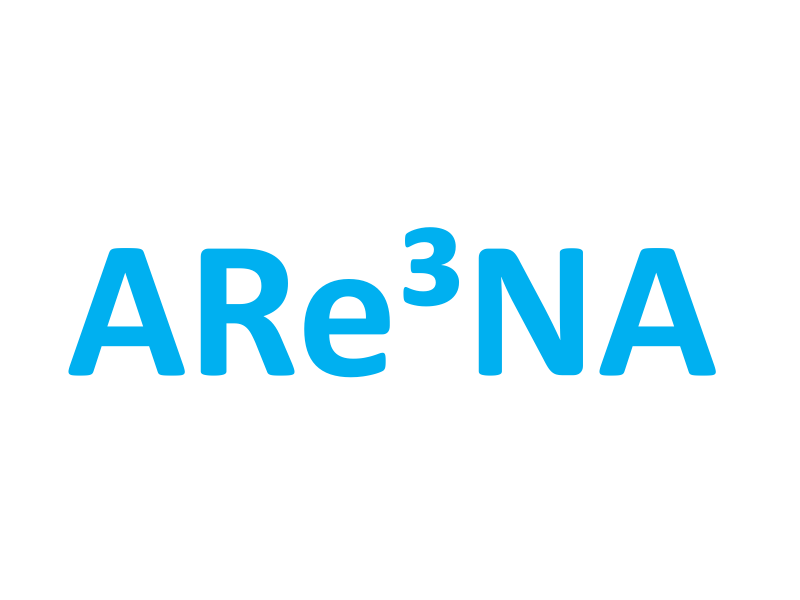
|
The enhancements to make the 52°North SOS an INSPIRE compliant Download Service were funded by the JRC under the ISA Programme's Action 1.17: A Reusable INSPIRE Reference Platform (ARE3NA). |
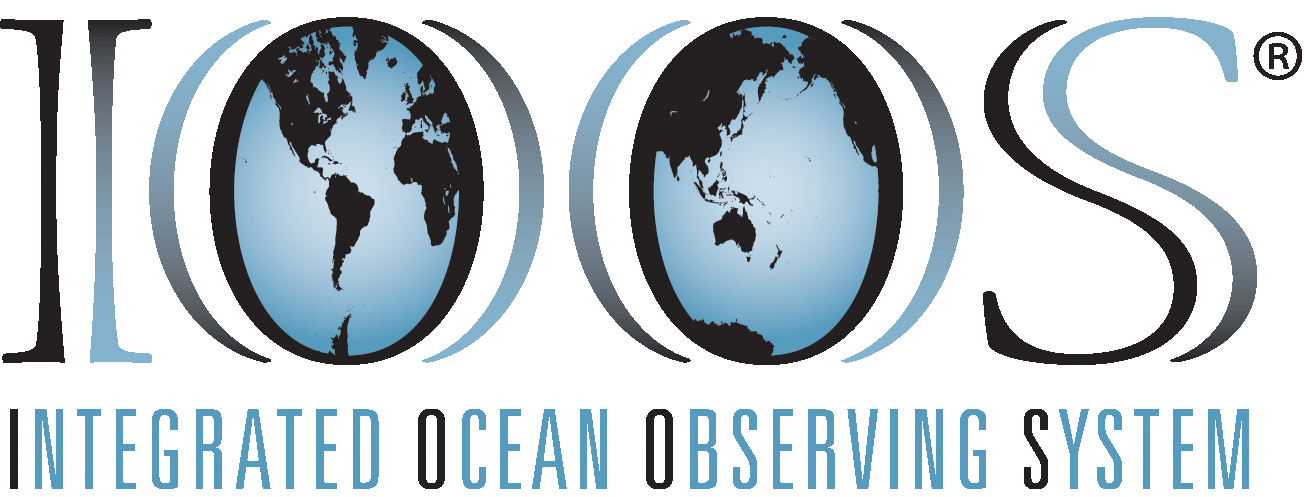 |
The IOOS project with the mission: Lead the integration of ocean, coastal, and Great Lakes observing capabilities, in collaboration with Federal and non-Federal partners, to maximize access to data and generation of information products, inform decision making, and promote economic, environmental, and social benefits to our Nation and the world. |
 |
The Wupperverband for water, humans and the environment (Germany) |
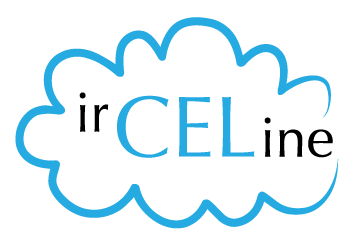 |
The Belgian Interregional Environment Agency (IRCEL - CELINE) is primarily active with the domain of air quality (modelling, forecasts, informing the public on the state of their air quality, e-reporting to the EU under the air quality directives, participating in scientific research on air quality, etc.). IRCEL â CELINE is a permanent cooperation between three regional environment agencies: Agence wallonne de l'Air et du Climat (AWAC), Bruxelles Environnement - Leefmilieu Brussel and Vlaamse Milieumaatschappij (VMM). |
 |
The IVL Swedish Environmental Research Institute is an independent, non-profit research institute, owned by a foundation jointly established by the Swedish Government and Swedish industry. |
 |
The German Aerospace Centre (Deutsches Zentrum fuer Luft- und Raumfahrt, DLR) and part of their Environmental and Crisis Information System (Umwelt- und Kriseninformationssystem, UKis) |
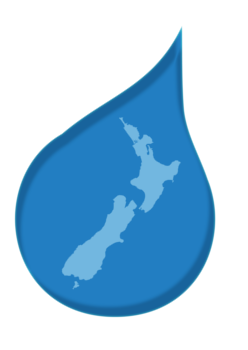 |
The SMART Project, funded by the Ministry of Business, Innovation and Employment (07/2011 – 06/2017): Experts in the Smart Project will develop, apply, and validate pioneering new techniques for understanding New Zealand‘s groundwater resources. Satellite and airborne remote sensing techniques and Sensor Observation Services including seismic signals from earthquakes are used for rapid and costeffective characterisation and mapping of New Zealand‘s aquifer systems. Together with a stakeholder network the research team will use new methods to overcome the current time- and resourceconsuming challenges of in-time data acquisition. Special spatial skills in hydrogeology, geology, satellite remote sensing, geophysics, seismology, uncertainty mathematics and spatial information technology will be developed to assist with improvement of New Zealand‘s freshwater management. |
 |
The DLZ-IT BMVBS Information Technology Services Centre of Federal Ministry of Transport, Building and Urban Development (Germany) |
| The OGC Web Services, Phase 9 (OWS-9) Testbed | |
| The OGC Web Services, Phase 10 (OWS-10) Testbed | |
| The Rijkswaterstaat - Dutch Ministry of Infrastructure and the Environment (The Netherlands) |
